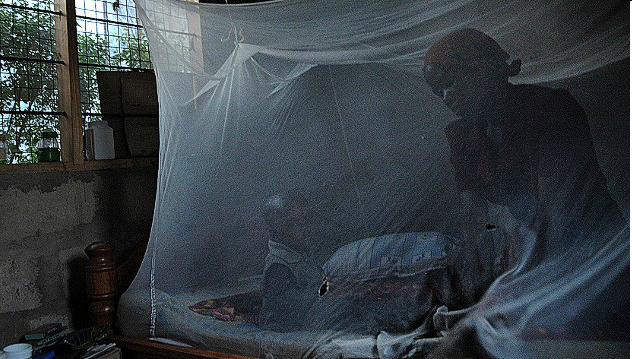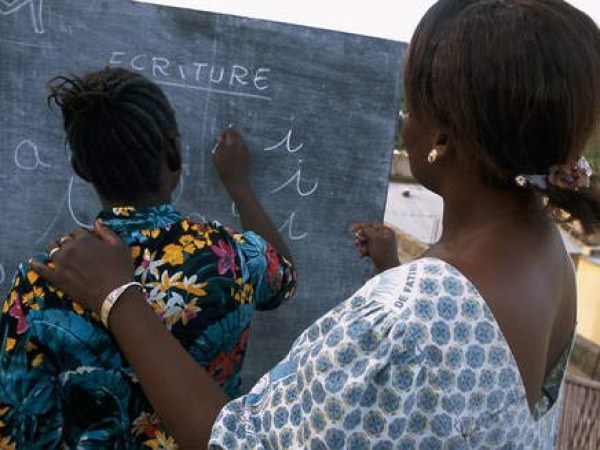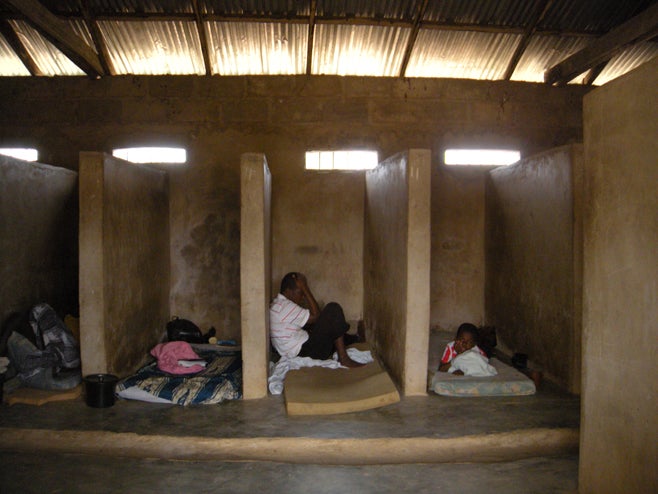
A new report from the American Cancer Society warned that Africa will face a severe health threat from the fast-growing increase in tobacco use. The report combines African smoking rates and cigarette consumption with population trends, and found that without aggressive intervention, the continent will experience a significant increase in smoking in the near future.
The report, “Tobacco Use in Africa: Tobacco Control through Prevention,” reveals that Africa as a region has the smallest number of smokers and smallest rate of tobacco use in the world. About two percent of all cigarettes are consumed by smokers in Africa, but they make up about six percent of the world’s smokers.
While the numbers are small for now, Evan Blecher, a Cape Town, South Africa based senior economist for the American Cancer Society said these small numbers also provide the greatest for growth.
“That means along with it will come an increase among tobacco-related, smoking-related diseases in an environment where health systems are already significantly over-stretched because of infectious diseases like malaria and HIV,” said Blecher.
While adult smoking among both among men and women is low in Africa, he pointed out that’s not the case with youth.
“We found that African children smoke at comparable levels, and sometimes even higher than other developing regions of the world, particularly Asia. What’s driving this is unclear, but it must be because of significantly more aggressive tactics from the tobacco industry itself. But, also it’s in an environment where children aren’t protected from advertising, marketing… in the way that they are in places like the United States,” explained Blecher.
In addition he said,–that while smoking rates are lower in Africa than other regions, it doesn’t mean there is no variation in smoking patterns within the continent.
“On the one hand, we’ve got a lot of countries with really low smoking prevalence, like Ghana for instance, or Nigeria,” said Blecher. “And that’s compared to countries of very high smoking prevalence like South Africa or Mauritius, which have prevalence more similar to what we see in the developed world.
“But, what we do know is that smoking is declining in those markets like South Africa and Mauritius, and increasing in markets like Ghana and Nigeria.
“These other markets which have smaller smoking prevalence are more concerning to us because these are places with much larger populations, which creates a situation where we expect both the number of smokers and smoking prevalence to increase dramatically over the next generation or two,” explained the senior economist.
Blecher attributes the decline in smoking in countries such as South Africa and Mauritius to very strict tobacco control policies like advertising bans, smoke free areas, and very aggressive tax policies.
“Tax policies are critically important in environments where incomes are growing rapidly, because as incomes grow, everything becomes cheaper and more affordable, including cigarettes. So you need for tax policies to be able to ensure that tobacco products are not becoming more affordable. So in a country like South Africa where we’ve seen tax rates increase dramatically over the last 20 years–we’ve also seen smoking prevalence plummet. Twenty years ago, 33 percent of South African adults smoked, and nowadays only 20 percent of them smoke. It’s a result of deliberate action, rather than luck,” said Blecher.
There is a broader movement in Africa towards comprehensive tobacco control policies like advertising bans and smoke free areas, be said, but these efforts are not enough.
“Tax policy is something that hasn’t really been pursued by African governments with respect to tobacco, partly because the tax systems aren’t as developed as they are in places like South Africa and Mauritius. So the technical capacity to implement, enforce and administer tax policies is just not where it needs to be at the moment,” stated Blecher.
In addition, he said more needs to be done to educate Africans on the dangers of smoking. While most Americans are aware of the risk of disease and even death caused by smoking, the idea that smoking is harmful is mostly not known in Africa, especially in rural areas.
As more African countries pursue tobacco control policies, Blecher said people will become more knowledgeable about the harmful effects of smoking. It is not by accident that people in the United States are aware of the dangers of smoking, it is through deliberate action, he said.
Source: Voice Of America











